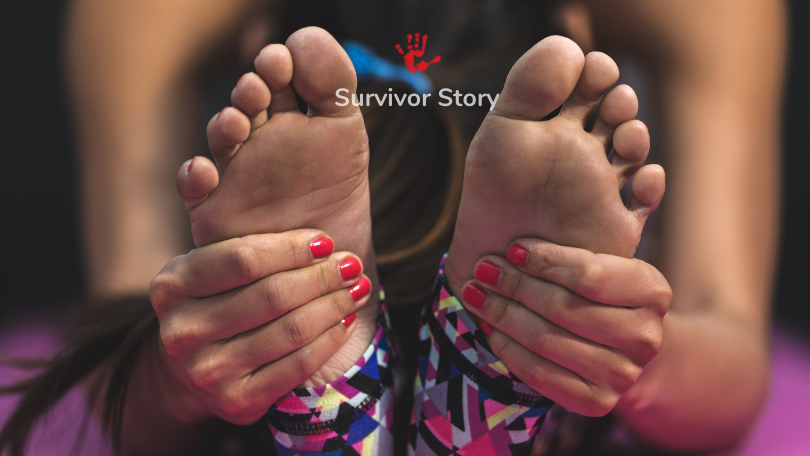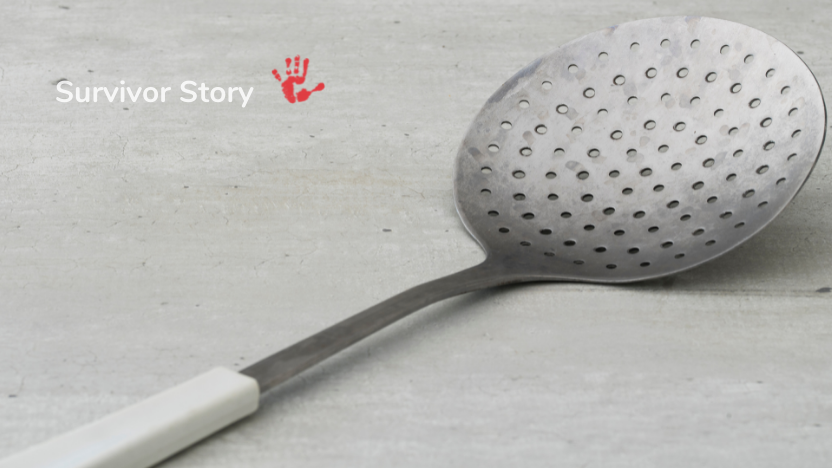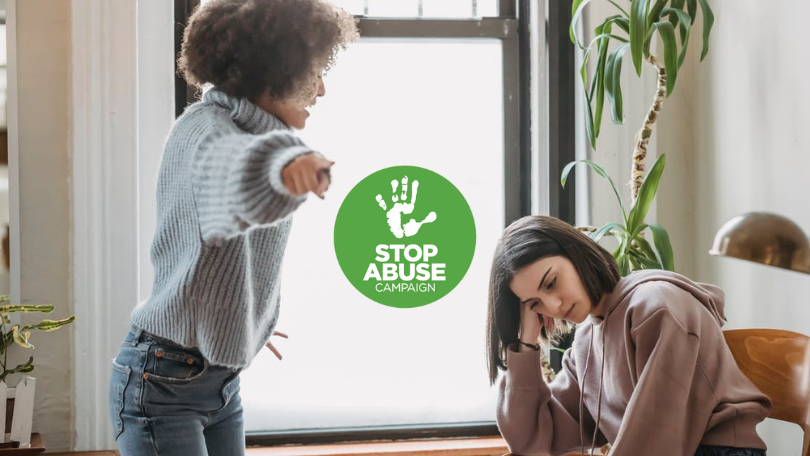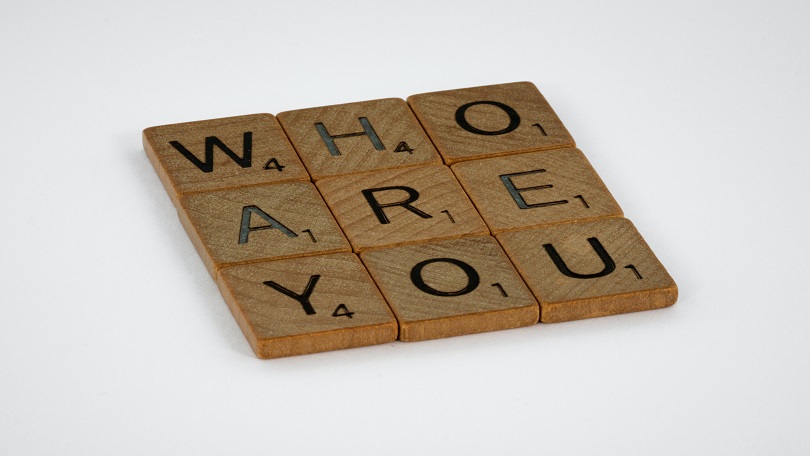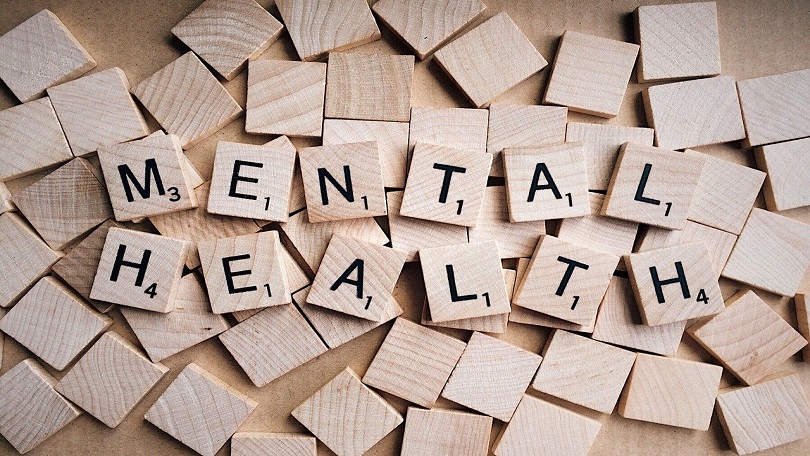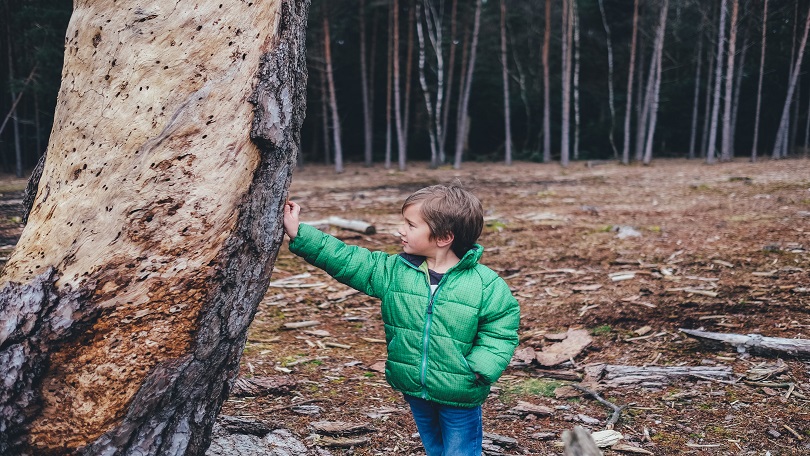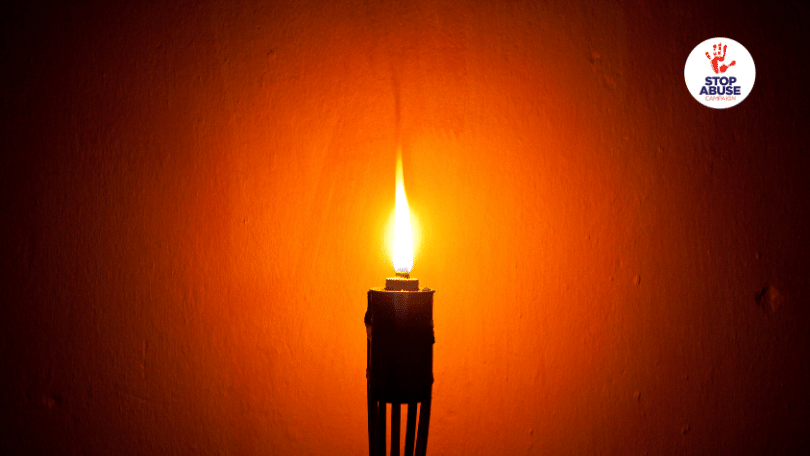Healing from ACEs
There are many paths to healingRead about methods, explore survivor stories, find mental health professionals, and learn how to progress further on your own journey toward healing.
Read more about ACEs
One of the most common questions people ask after learning about the Adverse Childhood Experiences study is, “how can childhood events have such profound, diverse effects, decades later?”
The answers to that question are complex but start with the way harm is done directly to body systems by chronic stress and the changes the toxic stress does to the brain and most basic emotional processing.
Our bodies develop to respond to stress in ways that favor short-term survival over long-term survival. This response makes sense; if you can’t survive a situation that poses an immediate, life-threatening emergency, long-term survival is irrelevant.
“This is an absolutely fascinating and clearly written book by one of the nation’s most experienced physicians in the field of emotional trauma. The Body Keeps the Score helps us understand how life experiences play out in the function and the malfunction of our bodies, years later.”
—Vincent J. Felitti, M.D., chief of preventative medicine, emeritus, Kaiser Permanente San Diego; co-principal investigator, ACE study
The ten traumas identified in the Adverse Childhood Experiences Study [see panel] are so profound that they cause children to have ongoing fear for their lives and safety. That causes a stress response that is helpful in the short term but not in the long term.
These chronic stress responses can change how a child’s circulatory system, nervous system, respiratory system, endocrine system, and immune system develop. Even when people with high ACE scores don’t engage in other high-risk activities, their risks of dying prematurely from diseases like cancer, heart disease, diabetes, and COPD are higher.
However, many people with high ACE scores also engage in high-risk activities, thus further increasing adverse health outcomes.
Chronic stress in childhood is likely to cause a child’s brain to develop to be ready for more chronic stress. Children are more likely to view the world as a terrifying place. Depending on the child’s trauma, they may develop Post Traumatic Stress Disorder (PTSD), Attention Deficit Hyperactivity Disorder (ADHD), or have difficulty forming a healthy, secure attachment.
These things will cause further stress for the child; PTSD means the child will experience debilitating bouts of anxiety and panic. Impaired attachment means the child will have trouble learning to calm themselves and regulate their emotional ups and downs. When a traumatized child starts school, their brain is still in survival mode. That means their learning and social skills are likely to develop slower than they would otherwise, and this makes school less enjoyable and rewarding for them.
Children who have suffered ACEs are less likely to succeed in school. More likely to suffer from addiction. And more likely to be in an unhealthy relationship. All this making it less likely they will pursue an advanced degree or hold down a steady job. Financial hardship is one of the metrics identified in the original ACE research.
If someone struggles with employment, the primary source of health insurance for most people, the odds of them consistently receiving medical care are lower.
And here we see how the harm caused by ACEs comes full circle; changes in emotional health affect psychosocial and economic health, which, in turn, affect physical health. There are countless ways these different spheres can affect each other. But the good thing about circles is you can break them at any point.
Our brains can change and respond to positive experiences, even in adulthood. There are specific therapies that are particularly helpful in healing from childhood trauma. But treatment will be of limited use if you’re in an abusive relationship, don’t have a stable income, housing, or access to food and medical care. You can also fix all of these things. Therapy and lifestyle improvements will help reduce the stress in your life, and that, alone, will help with physical ailments related to ACEs.
Grounding in Toes & Yoga
De-normalizing child abuse
ACE 101: Childhood Emotional Abuse
Types of Therapy and Mental Health Providers
How to Choose a Therapist: Tips and Fits
How to heal from ACEs and childhood trauma
Self-Parenting for Abuse Survivors
5 Ways Surviving Child Abuse Is Like Training for the Olympics
Generational abuse torch-passing
Menu for the holidays: turkey, ham, and…elephant?
ACEs and Neurofeedback Therapy for Trauma
Can neurofeedback help in healing from childhood trauma and PTSD? Read on to learn more about one of the science-backed ways to overcome ACEs.
The monster will get us, be quiet
A Survivor Story of a traumatic childhood, a life of consequences, and a grandfather who has healed from the monsters he might awake.
Childhood memories
Our Survivor Story this week. A tale of abuse, addiction, and recovery through healing the inner child, but above all, a story of hope.
My journey of healing my inner child
Our Survivor Story this week. A tale of abuse, addiction, and recovery through healing the inner child, but above all, a story of hope.
The Ugly Truth About Mental Health Stigma
Why would someone not seek help for a mental health issue? Societal mental health stigma is the answer. How to prevent it and help people?
Does Anyone Care? Shocking Barriers Killing Our Mental Health
Does anyone care about our mental health in America? How do we remove the barriers to mental health care access in our country, so we can get proper help?
Why I Meditate (And You Should Too)
Meditation has been practiced for thousands of years, aiding mental health. We explore what it really is, how to meditate, and what are its benefits, types, and purpose.
My Mental Health is Bad! Why and What Now?
May is mental health awareness month. In this article, we talk about what mental health is, why it’s important, how it relates to ACEs, and how you can help.
ACE 101: Parental Mental Illness
In a house with impressionable children, the untreated parental mental illness has serious consequences for children’s development. How can we prevent this ACE?
Protecting children means happier, healthier lives.
The Adverse Childhood Experience (ACE) Study shows how childhood trauma leads to shorter, sicker lives. We protect children and prevent ACEs. Take action now, you can help us break the cycle of abuse.
